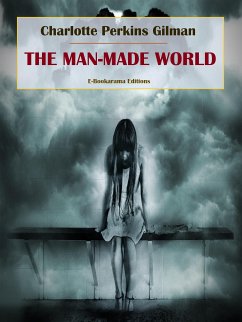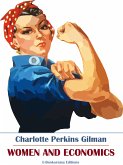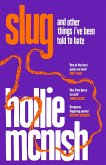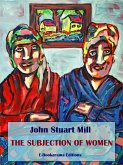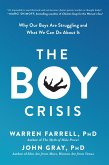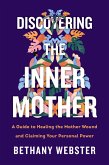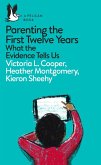Gilman analyses with wit and insight the many negative effects of male domination, not only on women in particular but on the welfare of the human race as a whole. Society's long history of male hegemony and female subservience has not enhanced the natural qualities of the human race but rather distorted them, says Gilman, as can be seen in many of society's institutions. The author carefully analyses the consequences of this patriarchal culture on several areas, including the family, health and beauty, art and literature, education, ethics, religion, law and government, politics, economics, and so on.
Dieser Download kann aus rechtlichen Gründen nur mit Rechnungsadresse in A, B, BG, CY, CZ, D, DK, EW, E, FIN, F, GR, HR, H, IRL, I, LT, L, LR, M, NL, PL, P, R, S, SLO, SK ausgeliefert werden.

